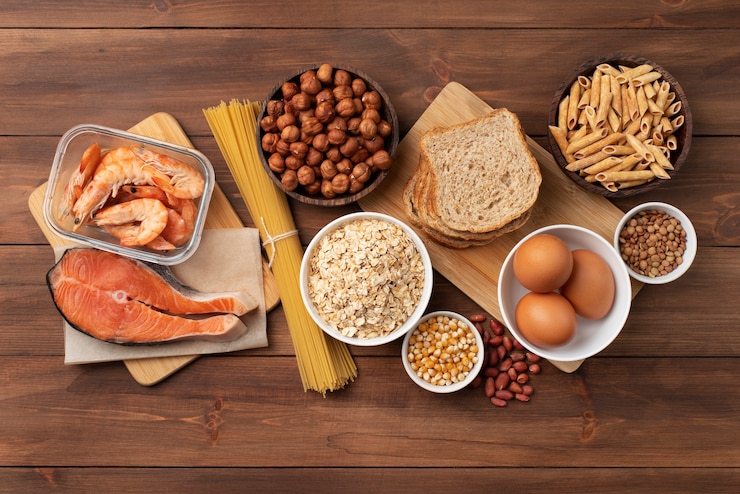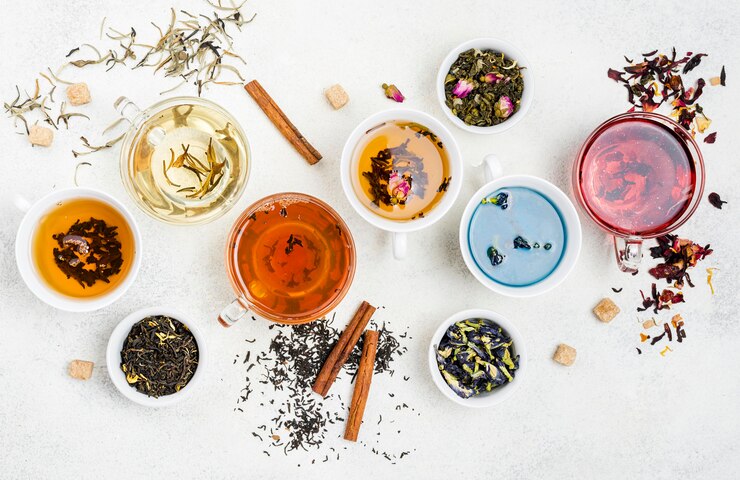
I’ve endured eczema for the first twenty years of my life, and the itching and dry, cracked skin were truly unbearable. But, thanks to changes in my diet and lifestyle, I’ve been free of flare-ups for several years. Over time, I’ve guided hundreds of clients dealing with moderate to severe eczema and have spoken with many parents whose infants suffer from this common skin issue.
Unfortunately, many Western doctors focus on treating symptoms with creams, medications, and bleach baths, which don’t address the underlying causes. These treatments offer only temporary relief and often harm the skin’s delicate ecosystem of bacteria. By the way, have you tried our soothing Body Butter? It’s receiving great feedback for helping with dry, itchy skin and eczema spots!
I’m excited to tell you that healing from this inflammatory condition naturally is possible. For the past few months, I’ve been working on my new ebook, The Eczema Healing Kit, and I’m thrilled to share information that can help you rejuvenate your skin from the inside out.
A key point in the ebook is the importance of recognizing foods that contribute to inflammation in the body, as eczema is driven by inflammation. Eliminating foods that trigger inflammation is crucial in managing eczema.
In this article, I’ll discuss seven common foods and categories that can worsen eczema. There’s no single food responsible, but your overall diet and lifestyle can affect eczema’s severity and occurrence.
Cow’s Dairy: If you’re dealing with skin issues like eczema, it’s advisable to cut out pasteurized dairy right away. Regular cow’s milk can trigger inflammation due to its large protein molecules that are hard to digest. Goat and sheep dairy might be more tolerable, as they contain different proteins, but it’s best to eliminate all dairy for an initial period and reintroduce it cautiously. Dairy can also damage the intestinal lining, allowing undigested particles into the bloodstream, exacerbating allergic reactions.
Sugar and Refined Carbohydrates: We’re now well informed that sugar and refined carbs should have little place in our diets. They can hinder health by increasing inflammation, a key factor in eczema, and also promote gut imbalances where bad bacteria thrive on sugar. To reduce these effects, avoid obvious sources of sugar, manage natural sweeteners, and limit foods contributing to candida overgrowth.
Gluten: Similar to other common allergens, gluten can provoke eczema flare-ups. Removing it from the diet has proven beneficial to people with skin issues, as it often leads to better skin health. Gluten compromises the intestinal barrier, resulting in issues like leaky gut that contribute to eczema. Opt for gluten-free grains and be mindful of hidden gluten in personal care products.
Salicylate-Containing Foods: Although typically considered healthy, foods rich in salicylates can cause reactions for eczema sufferers. Detecting sensitivities can be tricky, but starting with common irritants like dairy, wheat, and sugar is advisable. If needed, avoid salicylates for a few months and slowly reintroduce them.
Bad Fats: Processed fats, such as fried foods and certain vegetable oils, should be avoided due to their inflammatory nature. Use healthier oils like coconut and avocado for cooking, and be aware of acrylamide in overcooked foods, which can be concerning. Avoiding fried foods and favoring roasting or boiling is better for health.
Processed Foods with Dyes and Additives: A diet heavy in processed foods exposes you to inflammatory agents such as dyes and preservatives. These additives are particularly prevalent in kids’ snacks and can worsen eczema symptoms. Choose organic options when possible and be vigilant with food choices.
Soy: Though some forms are considered better, soy remains a common allergen and can trigger eczema. Avoid unfermented soy and check ingredient lists carefully.
The overarching aim is to decrease exposure to anything that promotes inflammation. Identify foods impacting your eczema by removing them for several weeks and gradually reintroducing them, observing any reactions. Processed foods, cow’s dairy, and refined sugar are known culprits, so start there and see how your skin responds.
For more guidance on managing eczema naturally, my Eczema Healing Guide is a helpful resource! You can print the ebook if a hard copy suits you better. Don’t forget to explore our top-rated body butter in our shop – it might be just what you need for soothing eczema, as it worked wonders for my dad. Have you discovered any foods affecting your eczema journey? Let me know!


